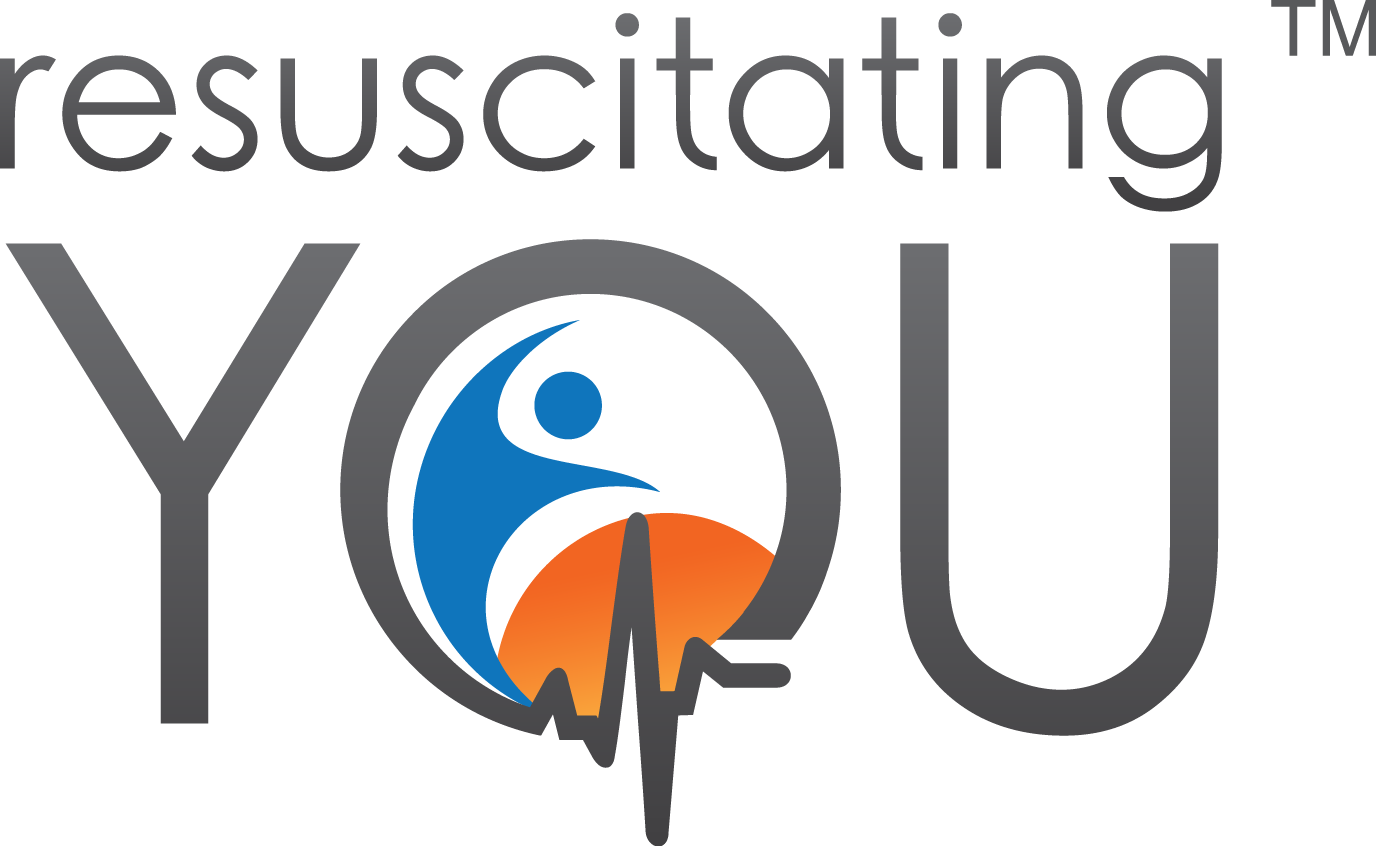How Asian Hate Crimes are Triggering my Biracial Identity Crisis
BY KCY
The recent Asian hate crimes have been horrific and appalling. I’ve been speaking up about them, but I can’t help but wonder if as a biracial person, I have the right to speak up and represent the Asian community.
I’ve been keenly aware of my biracial status ever since I was a young child. I was born in New York City, the melting pot of the world, to a Chinese mom and Turkish father. My mom was born in San Francisco and grew up in San Francisco Chinatown while my father was an immigrant from Turkey. They were both very much attached to their cultures and made it a point for me and my sister to learn about each culture.
There was lentil soup and Menemen (a Turkish tomato and egg dish) alongside chow mein and Chinese broccoli during our meals. A Turkish kilim hung next to Chinese painting with the word “good luck” written in Chinese on our walls. There was Chinese school on Sundays and Turkish music and dancing in our house. As a child, being biracial was fun. Who else got to learn and be a part of two very rich cultures?
My parents divorced when I was nine and I moved with my sister and mom to San Francisco. I didn’t see my father much after that. Being biracial became difficult in San Francisco, which is heavily populated with Chinese people. It didn’t help that we lived in a predominantly Chinese neighborhood and our activities centered around Chinatown. Every time I went to Chinatown, I felt different. Chinese people would openly stare at me. When I opened my mouth to speak to them in Chinese, their mouths hung open in shock. They would speak back to me in their broken English, even though I had just spoken Chinese to them. It was as if to tell me I didn’t belong, that I was a reject.
At our mom’s family gatherings, my sister and I stuck out. Everyone else was full Chinese. No one had dared to marry out of their own race but my mom. Although they always tried to treat my sister and I the same, we were aware of our biracial status. My nose was not flat like theirs but long and narrow with a hook. And I had a double eye lid, so coveted. No one else did. So, even though they were family, I wasn’t really one of them.
When it was time for me to go to college, I was out of there. I went to school three thousand miles away from those probing eyes, from my Chinese but not quite Chinese status. I wanted to go somewhere where it didn’t matter if I was Chinese or biracial or an alien. I wanted to go somewhere where I was accepted for just being me.
So, I went back to New York. Only, I didn’t actually go back to New York City but a city one and half hours from New York City.
In my haste to escape San Francisco, I had done little research on my college choice. If I had, I would have known that about 85% of the school was white and the Asians, who only made up 8% of the student population, stuck together. The Asian Students Association actively recruited me to become a member, embracing my Chinese status. White boys asked me out just because I was Chinese. In this whiteness, I was only seen as Chinese. Ironically enough, even though I’d been waiting for so long for people to recognize my Chinese status, I was uncomfortable with this. And even though the Asian students welcomed me with open arms, I couldn’t help but feel that if I became involved with the other Asian students, that I was a traitor to my biracial self and that sooner or later, they would find out I was an imposter and turn their backs on me because of my biracial status. So, I didn’t join. Instead, I spent most of my college years hiding from everyone in the library.
Being biracial is a funny thing. You don’t really look like anyone else. No one can ever tell what your ethnicity is. Because of this, you are constantly being asked the question of “what are you?” or my favorite, “where are you from?”. When you answer these questions, the person is always, inevitably, shocked. Once they get over this shock, they always ask you just about one part of you, almost completely ignoring that other part of you, ignoring you as a whole.
There’s no box that you fit into when you are biracial. You are always an “other” or checking more than one box on that questionnaire. You’re always standing outside that group of people, lonely, and not quite knowing where you fit in, or who you belong to. Am I Chinese? Am I less Chinese than someone who is full Chinese? Am I Turkish? What am I? Who am I?
The recent wave of Asian hate crimes has triggered these feelings of uncertainty of who I am and who I represent. As a biracial person, do I have the right to stand up for “my people”? Do I have the right to feel just as indignant as a full Asian person about these hate crimes? Do I have the right to feel scared like them? Am I really one of them? Do they look at me as one of them?
I don’t yet have the answers to these questions, and I’m still searching for my place in this world, but I do know that hate of any kind is never acceptable and attacking innocent people is inhumane. So, this biracial person is going to continue to speak out against Asian hate crimes and racism, while she continues to find her identity.
